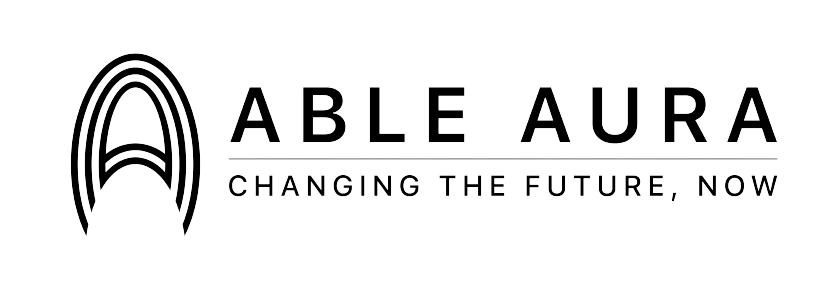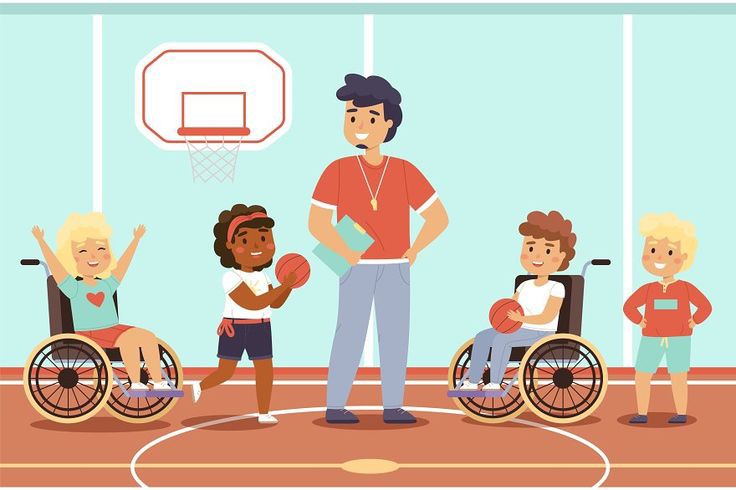The Role of Coaching and Training in Preparing Athletes with Disabilities for Competition
Sports have always been an integral part of our lives, providing opportunities for physical activity, socialization, and personal growth. For individuals with disabilities, sports can play an even more critical role in their lives, helping them overcome physical, mental, and emotional barriers. However, to compete at the highest level, athletes with disabilities require specialized coaching and training to develop their skills and abilities. In this blog, we will explore the role of coaching and training in preparing athletes with disabilities for competition.
Understanding the Challenges
Before we delve into the role of coaching and training, it is essential to understand the unique challenges faced by athletes with disabilities. These challenges can vary widely depending on the type and severity of the disability, but some common issues include limited mobility, impaired coordination, and reduced muscle strength. Moreover, individuals with disabilities may also struggle with low self-esteem, anxiety, and depression, which can affect their performance and motivation.
The Importance of Specialized Coaching
Coaching is a crucial factor in the success of any athlete, but for individuals with disabilities, it is even more critical. Specialized coaching can help athletes overcome their physical limitations and develop new techniques to optimize their performance. For example, athletes with visual impairments may require verbal cues to orient themselves during a competition. Similarly, athletes with mobility impairments may need customized training programs that focus on strengthening their upper body muscles.
In addition to physical training, specialized coaching can also address the psychological and emotional challenges faced by athletes with disabilities. Coaches can help athletes build their confidence, develop coping strategies for stress and anxiety, and maintain a positive attitude towards their sport.
Adaptive Equipment and Technology
Along with specialized coaching, adaptive equipment and technology can also play a critical role in preparing athletes with disabilities for competition. From prosthetics to wheelchairs, adaptive equipment can help athletes overcome physical barriers and perform at their best. For example, specialized running blades can help amputees run at high speeds, while hand-cranked bicycles can enable individuals with mobility impairments to participate in cycling competitions.
Technology can also play a significant role in assisting athletes with disabilities. For example, video analysis software can help coaches identify areas for improvement in an athlete’s technique, while virtual reality simulations can help athletes practice their skills in a safe and controlled environment.
The Benefits of Inclusive Training
While specialized coaching and equipment are essential, inclusive training programs that involve athletes with and without disabilities can also provide numerous benefits. Inclusive training can help break down barriers and promote understanding and empathy among athletes. It can also challenge preconceived notions about disability and provide opportunities for personal growth and development.
Conclusion
the role of coaching and training in preparing athletes with disabilities for competition is critical. Specialized coaching, adaptive equipment, and inclusive training programs can help athletes overcome physical, emotional, and psychological challenges and reach their full potential. By recognizing the unique challenges faced by athletes with disabilities and providing the necessary support, we can create a more inclusive and equitable sports environment for all.

